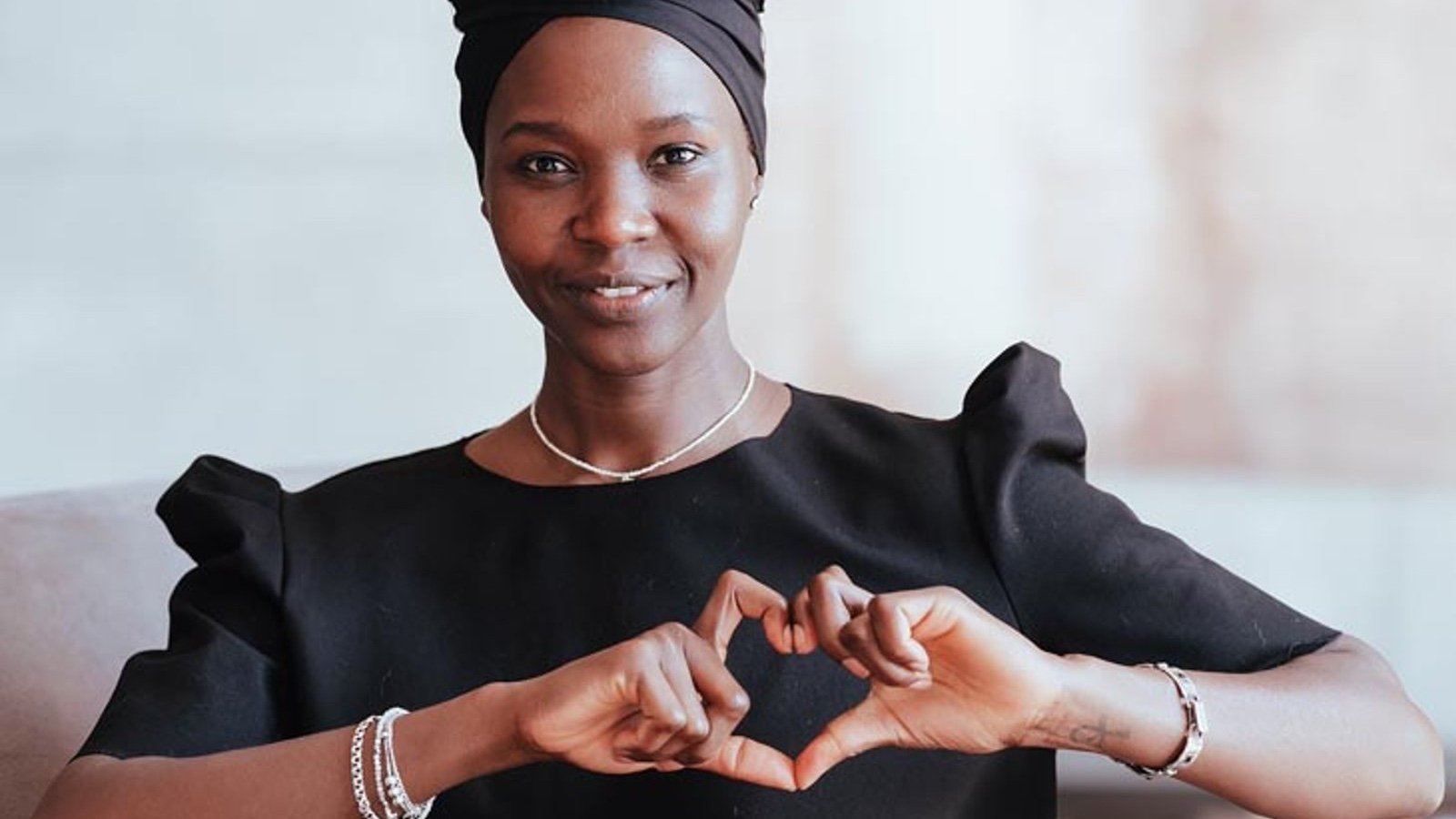Happy International Women’s Day 2024

Today is International Women’s Day heralding another seminal moment to commemorate the critical role of women in an increasingly challenging world. Since 8th March 1911, when this day became a global day of activism for women’s rights, the world has consistently celebrated moments and situations that upheld equality for women and girls especially when new bounds are broken or when the proverbial glass ceilings are shattered. In 2024, we are yet again confronted by the need to engender an inclusive and equitable society that aligns with global best standards for inclusivity. We believe that education imparts knowledge and training that transfers skills is the single most important tool to achieve an inclusive world where all persons, including women and girls, have equal access to opportunities.
At ADEA, “inspiring inclusion” means that everyone can enjoy and exercise their human right, participate in, contribute to, and benefit from all aspects of political, economic, social, and cultural life. The reverse is the case in the African education sector where learner diversity is taking centre stage, albeit still at a snail’s pace. We are witnessing scattered efforts to bring more women and girls, and pro-poor households, into the education bracket. This is at the base of the challenge of reversing learning poverty and preparing our young women for the world of work.
Our goal is to work with our member countries – the 55 countries in Africa - to ensure that every girl-child has a chance to acquire quality education. A growing body of evidence indicates that it is imperative that access, equity, and inclusion (AEI) are mainstreamed in all member states’ educational systems if this goal is to be met.
To have sight of success, we are mainstreaming AEI into our program priority areas of foundational learning (FL), technical and vocational skills development (TVSD) together with secondary education, and higher education that also incorporates scientific research. The mainstreaming also covers two key areas of improving the use of education and skills data for evidence-based decision making and leveraging EdTech in education policies and practices.
Through our African FL Ministerial Coalition, we are operationalizing the policy-level commitments. This has the twin effect of building a solid learning base for the girl child. We are reviving the ICT in Education task force to contribute to leveraging education technology to drive inclusive education and to help build resilient education systems in the continent.
Our Inter-Country Quality Node (ICQN) on Mathematics and Science Education hosted by Kenya through CEMASTEA is promoting play-based STEM education and has just articulated a new strategic framework that addresses shortage of women in STEM subjects. Their efforts are helping grow women’s interest in STEM education. Through the Cote d’Ivoire-hosted ICQN on Technical and Vocational Skills Development, we are implementing the PROFOR initiative, with support from the Swiss Agency for Development and Cooperation, to help young Africans, including women, to gain the vocational skills that can enable them to lead decent and fulfilling lives. ADEA’s new Strategic Plan 2024 – 2028 is equally primed to address AEI with deliberate initiatives to ensure that member countries entrench these in their operations.
ADEA remains mindful of the unfair disadvantages women suffer, including those caused by biological responsibilities and socio-cultural norms. But we are committed to the ideals of gender justice and ensuring that women are at the table, knowledgeable and engaged as much as the men, contributing to engendered decisions that impact lives. We want to remove the barriers and change the mindset that limits the capacity, ability and competence of women. This will continue to reflect in our programs supporting countries to entrench resilience in their educational systems at policy and practice levels. This is because we recognize the value of every educated woman and girl child, and how they can change Africa’s story. This is is why our advocacy in Africa’s Year of Education is honing on strengthening systems and driving collaboration to address the challenges in Africa’s educational systems.
ADEA joins African countries and all her partners and stakeholders to wish everyone a Happy International Women’s Day! Let’s all inspire inclusion!